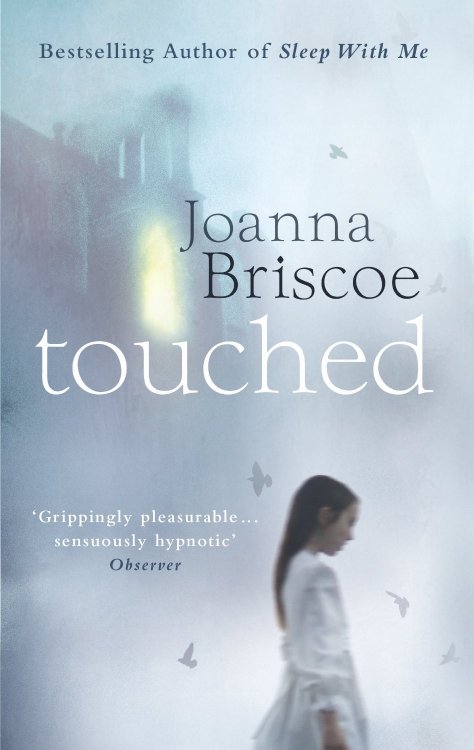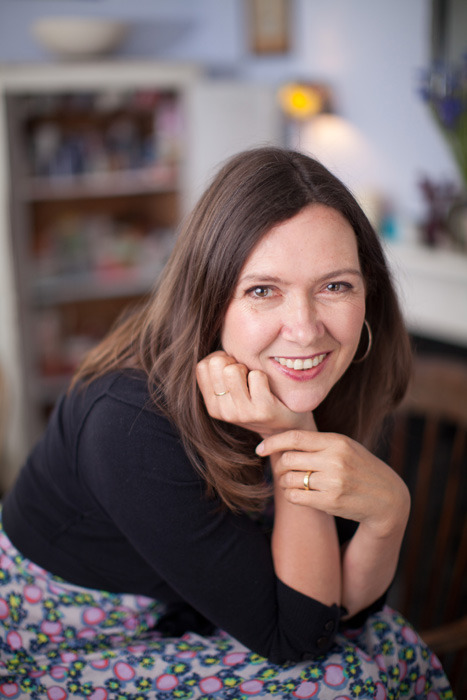
I’m thrilled to introduce on the blog today the excellent novelist Joanna Briscoe. I read her latest book TOUCHED and was hooked from the first page. Beautifully written, it’s a spooky and enveloping tale of a perfect English village with sinister undertones, set in the 1960s.
Here’s the blurb:
Rowena Crale and her family have moved from London.
They now live in a small English village in a cottage which seems to be resisting all attempts at renovation.
Walls ooze damp, stains come through layers of wallpaper, celings sag.
And strange noises – voices – emanate from empty rooms.
As Rowena struggles with the upheaval of builders while trying to be a dutiful wife and a good mother to her young children, her life starts to disintegrate.
And then, one by one, her daughters go missing …
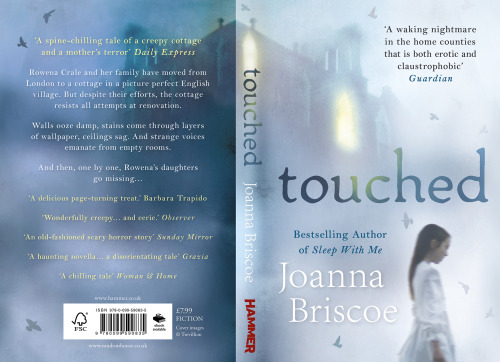
I asked her some questions about TOUCHED and she was kind enough to answer them, within her crazily busy schedule, and also provided some wonderful images of Letchmore Heath, the gorgeous village where – in fiction at least – everything is not as it seems…
[1] Your writing contains some beautiful, poetic language e.g. the hueof shadowed walls; laughing light; had rain for hair. Do you tweak these in a
later edit or do they simply come to you as you write?
Reading these phrases you’ve picked out surprises me because I’d
forgotten them, and I like them! It’s very strange, but with this novel, I
almost wrote it straight out, in terms of the prose and what I saw as the plot
and structure, though I then had a proper structural edit from my publisher.
That is not my usual way. I do edit, tweak, cut, re-write, change a lot. I do
believe novels are more re-written than written. But I had a short deadline for
Touched; I was very inspired by the commission, and I had guidelines from my
editor – for example, clearly defined characters, and not too many of them; a
clear plotline without a big subplot. The structure was easier than a longer
novel, as I had to be disciplined as I went, and I wrote it in a fever of
inspiration, and the prose itself was unusually fast for me. I think I sort of
shocked myself, with the panic over the deadline, into a vivid prose style that
took some risks. I’ve learnt a lot about writing faster!
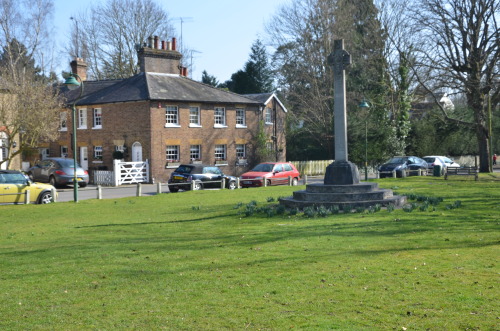
The village green at Letchmore Heath, the ‘perfect’ English village, Joanna’s early childhood home.
[2] One of Rowena’s daughters is called Eva and she is an extraordinary character. How did you project yourself intosuch an unusual mind and also come up with her mannerisms?
You are now making me deconstruct what was largely instinctive, but it’s
interesting, with distance, to do so. She was my first character. I simply saw her on a village green the moment I
started thinking about a supernatural story: a shabby girl dressed as a
Victorian, against bright grass. With her slightly dirty appearance and dissonant
contemporary aspects, she is a creepy character, who looks somewhat like an
apparition.
As for her mind and
mannerisms, I just realised that beneath this strange exterior would be a
sensitive and in many ways normal mind, and that she had decided to rebel and seem
strange – even ‘mad’ – partly for her own purposes, and partly as an expression
of her anger about both her grandmother’s treatment, and the favouring of her
more beautiful sister simply on the grounds of her looks. Some of her oddities
are semi-inventions of her own. For example, she doesn’t wholeheartedly believe
in her imaginary friend, but he allows her further rebellion, and the freedom
she then secures herself.
In her anger, she finds
another world that appreciates her more than her family and home.
Her voice is strange,
simply because of odd emphases. I discovered that if I put words in italics
where they would never normally be used – even on tiny, entirely insignificant
words – it made for a very odd effect, and this contributed to her unique speech
patterns. So she does appear strange, slightly disturbed, but clearly
intelligent. And when we see the real, relaxed her, for example with Pollard,
we see that she isn’t quite as strange as she’s pretending to be.
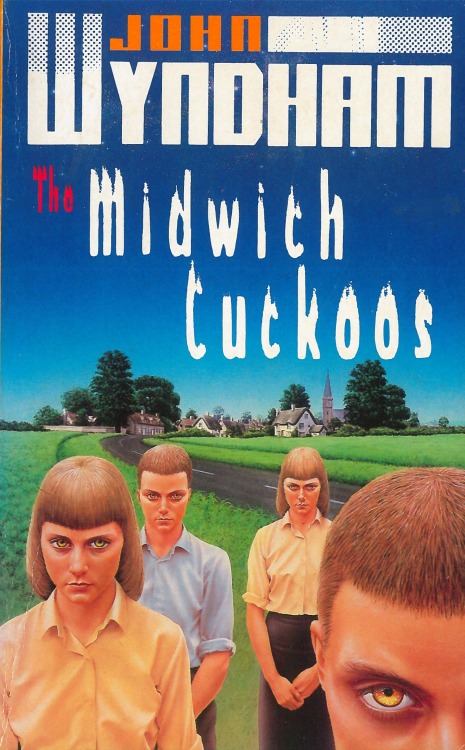
postcard perfect, on the surface. So what is it about them that you feel makes
them ripe for creepy stories like this one, or the film based on John Wyndham’s
‘The Midwich Cuckoos’?
Oh, this setting occurred to me the moment I was asked to write a novel
for Hammer/Arrow. I had recently returned there, in adulthood, for the first
time. It was a village I’d lived in till I was four, and remembered with
absolute – even creepy – clarity and accuracy. I changed some aspects, but it’s
a thin disguise. The village is so very very pretty with its green and its pond
and its war memorial, so quintessentially English, it just makes one wonder
what’s going on underneath. There has to be darkness in all that brightness.
Beauty, as in my character Jennifer, and my village setting, dazzles, and
people respond to the surface, so all sorts of things can go on underneath an
appealing disguise.
Such villages are the
opposite of more common gothic settings – moors, misty places, creepy halls,
run down houses – so I wanted prettiness and the bright sunshine so I could
upend a convention. I thought it would be interesting to write about haunting
where one wouldn’t expect it. I played with several horror tropes, both
intentionally and naturally.
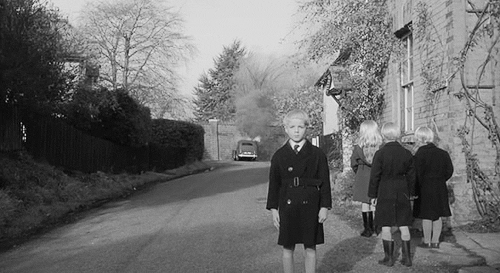
parenting in this novel seem frighteningly accurate. What aspects of this theme
do you find most interesting to write about?
The novel is almost all set in 1963, and I wanted to explore an era that
gave children so much more freedom than today’s children have. There were not
the same fears, nor the same sense that parents must organise children’s time.
But then this freedom could also be abused, as in the case of my novel. I also
wanted to explore how an intelligent mother of five could be absolutely worn
down, to the point where, frustrated and exhausted, she has little control over
her children. The father plays no active role in the parenting, reflecting
something of that time. He also shows favouritism, elevates the male, and is
very aware of social conventions.
On a psychological
level, I was fascinated by an essentially powerless child – Eva – and how she
might rebel, through anger and manipulation. Children’s powerlessness can be
absolute. Eva only finds her real liberation later. And then, of course, her
favoured sister is, in very real terms, powerless as well.
Mrs. Pollard displays
what we would term ‘baby hunger’, to an extreme degree, driving her to commit a
crime. Her urge for motherhood is especially strong in the face of Rowena, who
has five children and, to Mrs. Pollard’s mind, neglects them.
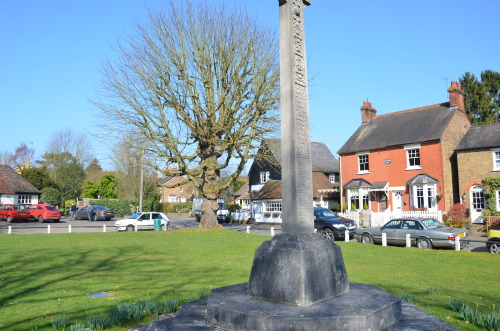
your narrative? And what do you find most appealing in writing about the
past?
I always thought I couldn’t write a historical novel, and yet of course
1963 is now a very long time ago! But I have early childhood memories of the
late sixties, as well as much cine film taken by my father. I intentionally did
no research as I wrote the novel, finding I could inhabit a slightly surreal
sixties world quite easily, based on commonly known images, films, novels, and
personal memories, and then I added a little research and checked facts, along
with a very good copy editor, afterwards. I liked exploring different attitudes
towards child rearing, women’s roles, and, in the early sixties, a society and
culture that nodded back to the fifties and even the war period, with the
Swinging Sixties just about to change everything.
I also loved the
aesthetic. I loved describing all the gingham dresses, lemon yellow cardigans
and house coats, Alice bands and home knits, along with the ‘modern’ décor
chosen by Rowena, and the food of the time. That was really fun, and
satisfying.
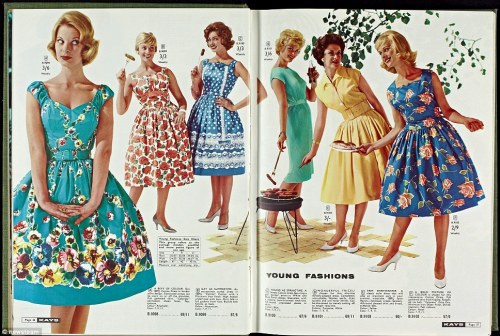
effective ghost story? Are there any rules or imperatives to include?
Don’t include the ghosts! I mean it. As Roald Dahl said, ‘The best ghost
stories don’t have ghosts in them.’ The story can be riddled with presences,
but they’re more effective if they appear non-visually, or in the effects they
cause. Anticipation is important, and so is subtlety. It’s all about terrors
glimpsed or imagined. There’s a fine line between the psychological, and the
creaking ghost thumping around, and it’s hard to handle this so it doesn’t
inadvertently stray into comedy! You have to balance post-Freudian thinking and
readers’ desire for some full blooded hauntings.
Well, it’s complicated, because I’m in the strange position of having
two manuscripts that aren’t quite finished. Distance does wonderful things, and
I’m in the middle of – I hope – a final draft of one of them, where I’ve
changed so much, including the setting, the person it’s written in, and the
protagonist! It’s been a bastard to write, this one. It’s only now I’m speeding
ahead, after so much work, so many wrong directions. I think – again, I hope –
it’s finally found its form. Actually, I’m sure it has. I’m finally excited. I
don’t want to say too much, because then I don’t feel the same urgency to write
it, but it’s set in London, it’s contemporary, and it involves an artist in
crisis who gets help from the most disastrous source. There. I’d better finish
it.
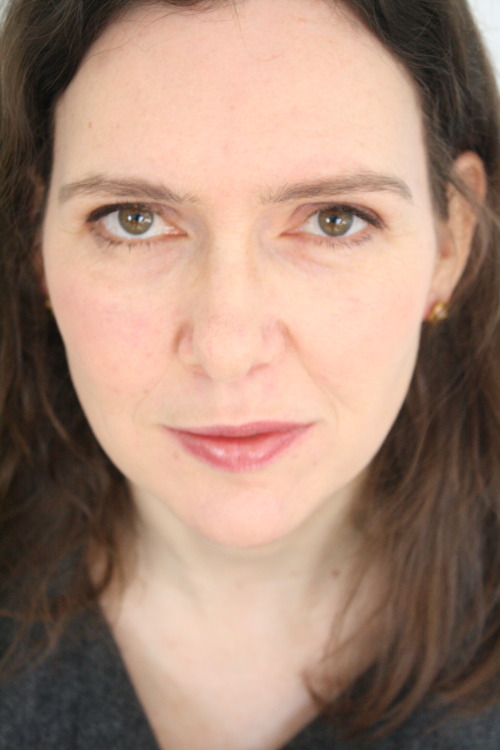
Thanks so much to Joanna for her fascinating answers, which give us such an interesting insight into her writing process. And I wholeheartedly agree that some books are a ‘bastard to write’!! But hopefully, the finished product goes out into the world like a swan on a lake, with all the hard work going on underneath and out of sight…
You can find Joanna on social media here:
https://twitter.com/JoannaBriscoe
https://www.facebook.com/joanna.briscoe.7
and on her website here:
TOUCHED is out in paperback this Thursday, 26th March, published by Hammer/Arrow Books/Random House.
